The Amazing Turkey Vulture: Nature’s Cleanup Crew
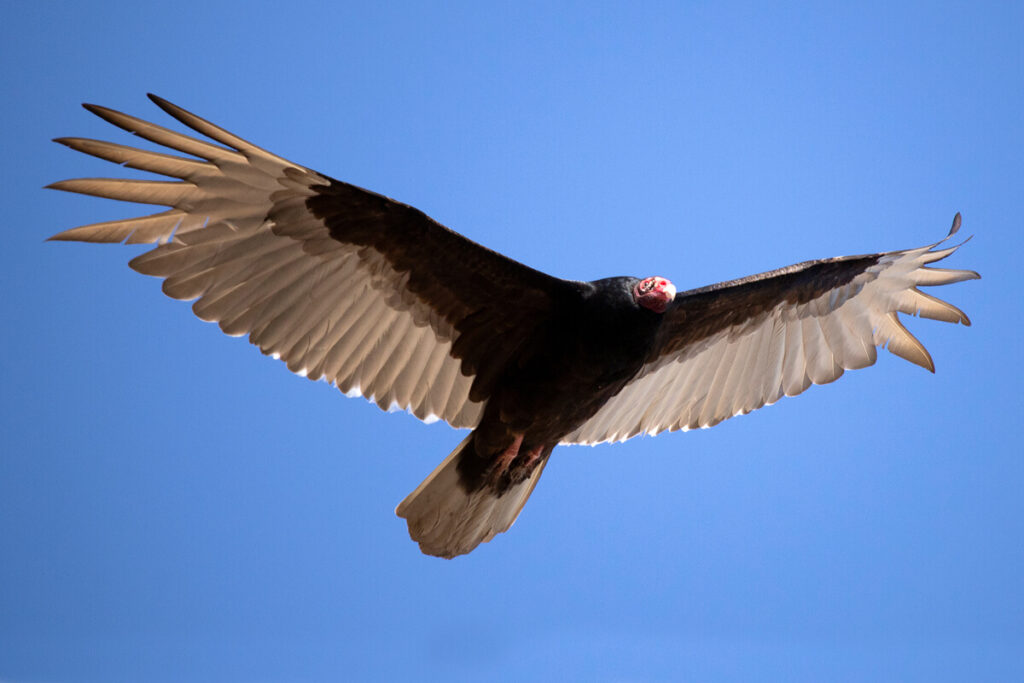
If you’ve ever seen a large, dark bird gliding high above, you might have spotted a turkey vulture. With their wide wingspan and distinct red heads, these birds are hard to miss. Turkey vultures are often seen circling over fields, perched on fence posts, or soaring along highways. While you might think of them as a bit spooky or unappealing because of their scavenger habits, turkey vultures are actually incredibly important to the environment. In fact, they play a role that no other bird can match, helping to keep ecosystems clean and healthy.
What Are Turkey Vultures, Anyway?
Turkey vultures (Cathartes aura) are large birds of prey that are commonly found across North and South America. They are often mistaken for eagles or hawks, but in fact, they belong to a separate group of birds called vultures. What sets them apart from other birds of prey is their diet—they’re scavengers, which means they feed on dead animals rather than hunting live prey.
Turkey vultures are easy to identify thanks to their impressive wingspan of up to six feet and their distinctive bald heads. Their dark feathers and bright red faces make them look a bit like turkeys, which is how they got their name. Their heads are bare to help them stay clean when they feast on carcasses, which can get messy! This adaptation is perfect for their job as nature’s cleanup crew, as they can feed on decaying animals without getting their feathers dirty.
Another interesting thing about turkey vultures is their soaring ability. These birds don’t need to flap their wings much. Instead, they ride on air currents, gliding for hours at a time. With their keen sense of smell, turkey vultures can detect the scent of decaying animals from miles away. This helps them find food, even in places where the carcasses are hidden from view.
Why Are Turkey Vultures So Common?
Turkey vultures are found in a variety of habitats, from forests and wetlands to grasslands and even urban areas. But why are they so common in some regions? The simple answer is that they thrive in places where there’s an abundance of food—specifically, dead animals. These birds are scavengers, meaning they don’t hunt live animals like other raptors do. Instead, they feed on carcasses, making use of what other animals have left behind.
In areas where highways intersect with natural habitats, turkey vultures are especially common. Unfortunately, roadkill is a constant source of food for them. With so many animals crossing roads and highways, turkey vultures have easy access to the remains. They are quick to swoop in, sometimes only hours after an animal has been hit, and they help clean up the mess.
Thanks to their sharp sense of smell, turkey vultures can detect carrion from miles away. They are able to locate the remains of dead animals even if they’re hidden by vegetation or obscured by other obstacles. Their ability to find food so efficiently is one of the reasons they’re so successful in both rural and urban environments.
The Essential Role of Turkey Vultures in Nature
Now, you might be wondering, what exactly do turkey vultures do for the environment? While some people might find them a bit creepy, these birds provide essential services that help keep ecosystems healthy.
Keeping the Environment Clean
One of the biggest jobs turkey vultures have is cleaning up the environment. By feeding on dead animals, they help prevent carcasses from decaying slowly and spreading bacteria, parasites, and diseases. Without vultures, these decomposing animals would attract pests like flies, maggots, and rodents, all of which can be harmful to both humans and other animals.
Turkey vultures have incredibly strong stomachs. Their digestive systems are designed to handle decaying meat and neutralize the harmful bacteria and pathogens that might be present. In fact, their stomach acid is so strong that it can destroy germs like Salmonella and E. coli, making them nature’s ultimate disinfectants. When they consume a dead animal, they effectively break it down and return the nutrients to the soil, helping the cycle of life continue.
Balancing the Food Chain
Beyond cleaning up carcasses, turkey vultures also help maintain balance within ecosystems. By scavenging on dead animals, they prevent other scavengers like coyotes, raccoons, or foxes from taking over a carcass and causing population imbalances. When a carcass is left too long, it can attract too many scavengers, which might lead to overpopulation of certain species.
Turkey vultures help keep this in check. They often get to a carcass first, feeding quickly and efficiently, which helps prevent overcrowding. This also ensures that other animals in the area don’t rely too heavily on a single food source, maintaining a healthy balance within the local wildlife population.
Helping Other Wildlife
Interestingly, turkey vultures also help out other animals. While they consume the bulk of a carcass, smaller scavengers like beetles, ants, and smaller birds also benefit from the leftovers. These smaller creatures might not be able to break down large carcasses on their own, but they can scavenge the smaller bits left behind by the vultures. In this way, turkey vultures help support a whole network of creatures that rely on carrion for food.
It’s a perfect example of how ecosystems work together. When vultures do their job, they make it easier for other animals to find food, contributing to the overall health of the ecosystem. Without vultures, smaller scavengers might struggle to find enough to eat, which would throw off the balance of the entire food web.
Why Should We Appreciate Turkey Vultures?
You might not think of turkey vultures as your favorite bird, but they are incredibly important to the environment. They help keep nature clean, they prevent the spread of diseases, and they play a key role in balancing ecosystems. Without them, the world would be a lot messier, and some ecosystems would struggle to stay healthy.
Although turkey vultures feed on dead animals, they help control populations of other species. By removing the carcasses of small mammals, for example, they help keep the numbers of these animals in check. This means fewer rodents, rabbits, and other prey species, which ultimately helps maintain a balanced ecosystem.
Turkey vultures may not be as flashy or colorful as some other birds, but their role in nature is essential. Next time you see one soaring in the sky, instead of feeling creeped out, take a moment to appreciate all the hard work they’re doing behind the scenes. These birds may not get a lot of love, but they’re unsung heroes when it comes to keeping our environment clean and healthy.
Clean Up Crew
Turkey vultures might not be everyone’s favorite bird, but they are undoubtedly one of the most important creatures in our ecosystem. Their scavenger lifestyle might seem a little gross at first, but in reality, they perform a crucial service by cleaning up the landscape, preventing the spread of disease, and supporting the health of other wildlife. Their ability to locate carcasses from miles away and consume them safely helps keep nature running smoothly.
So, the next time you spot a turkey vulture flying high above or see one perched on a fence, remember that it’s not just a scavenger—it’s a vital part of the environment, doing the messy, but incredibly important, job of cleaning up the world around us.

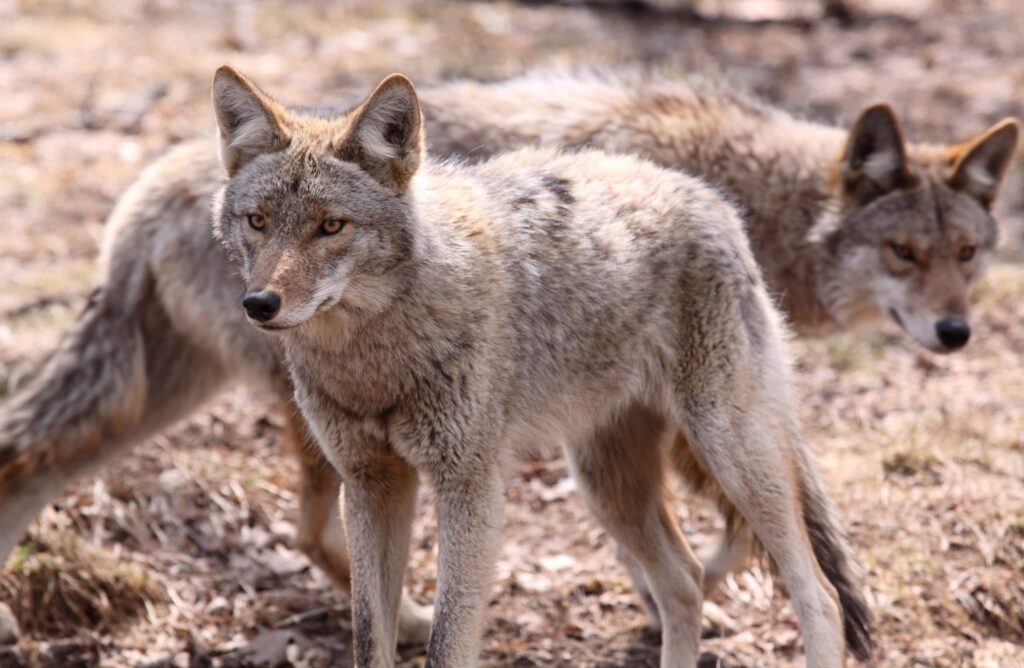
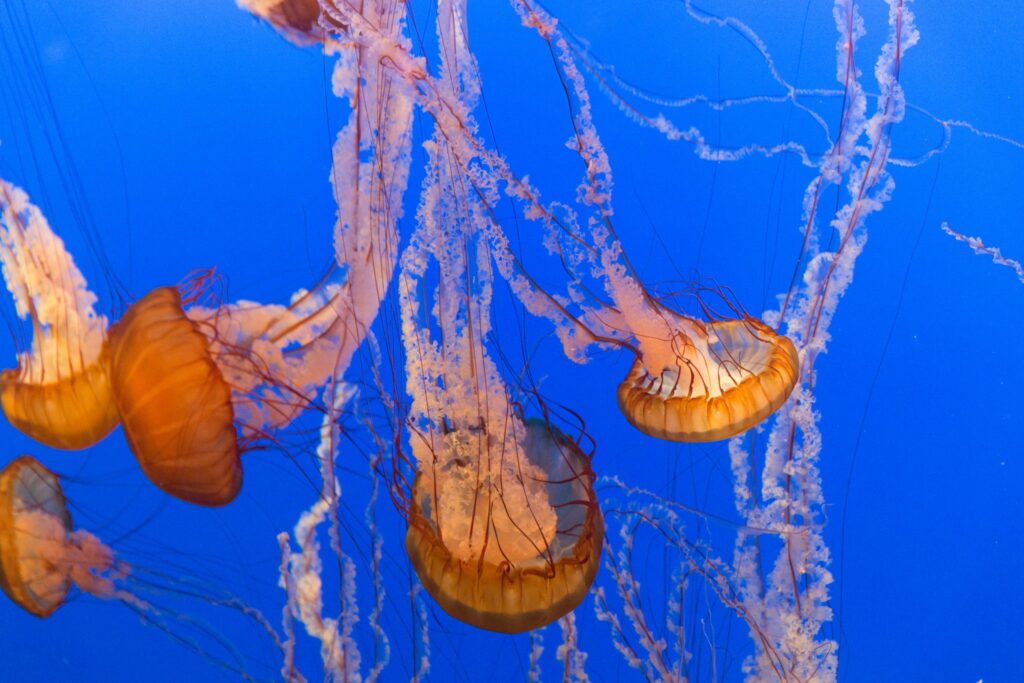
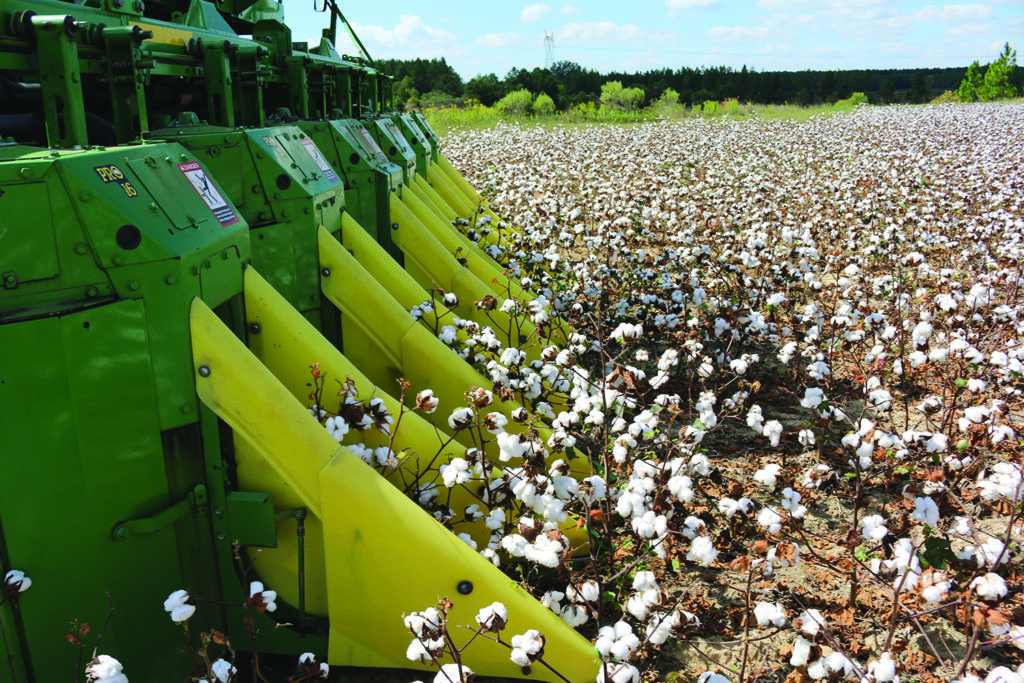
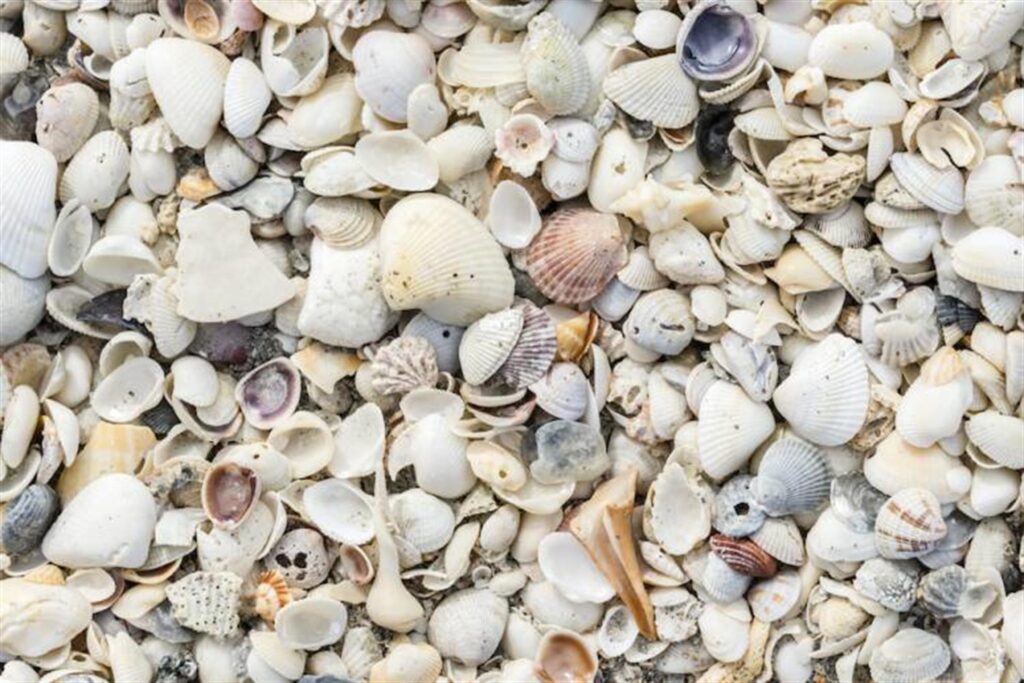

Responses